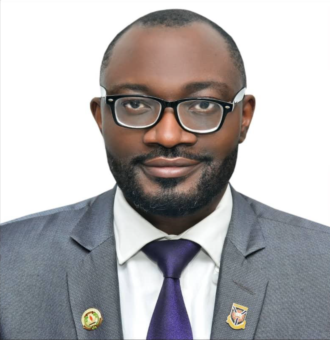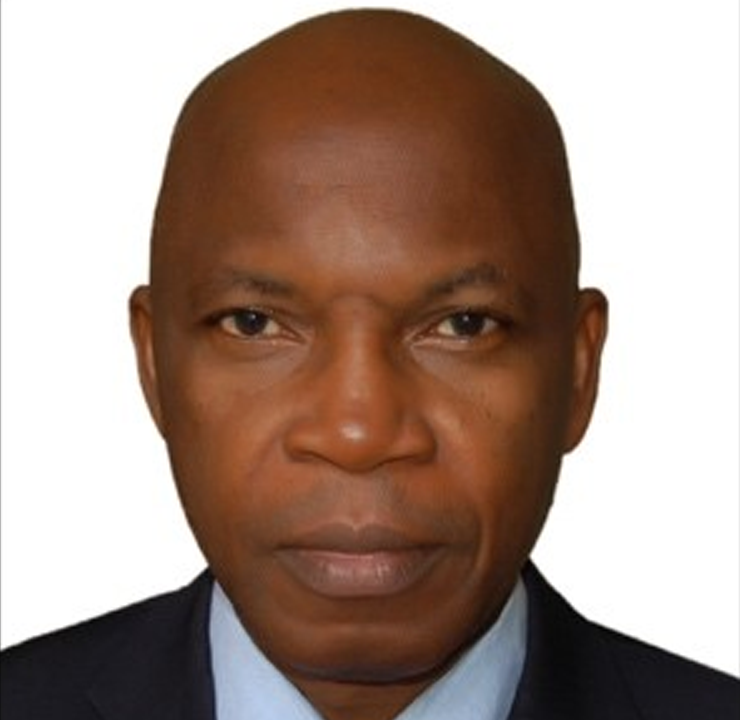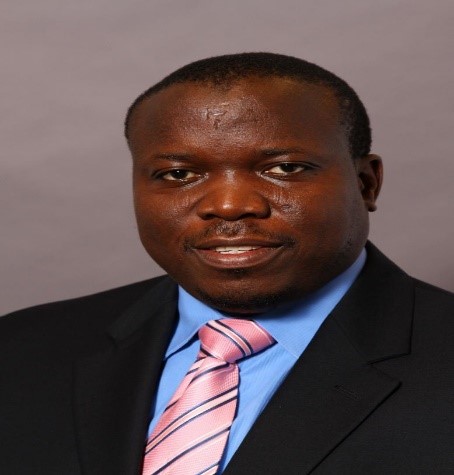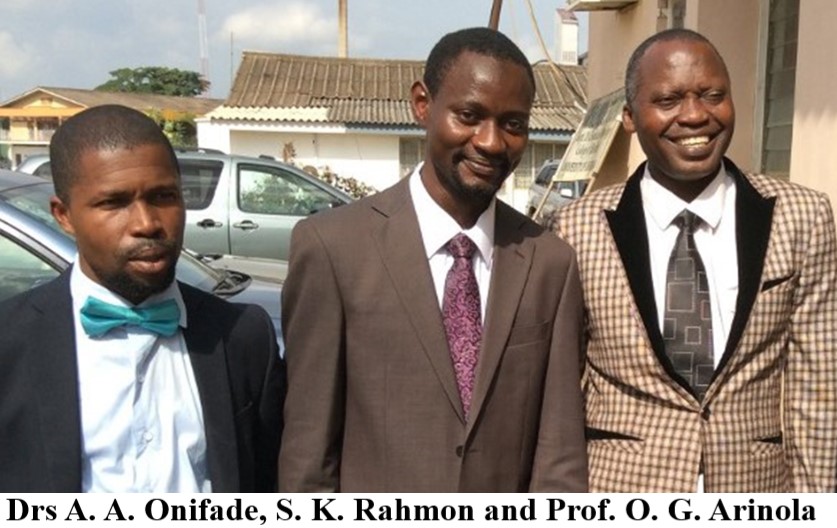NEWSCAST SERIES
Pragmatic solutions to reduce the global burden of stroke: a World Stroke Organization–Lancet Neurology Commission
Published on: 10th October, 2023.
A stroke occurs when a blood vessel that carries oxygen and nutrients to the brain is either blocked by a clot or bursts. The number of people who suffer a stroke, die from, or remain disabled by the condition globally has almost doubled over the past 30 years. Stroke could cause nearly 10 million deaths annually by 2050 mostly in low- and middle-income countries and cost up to US$2 trillion per year. The New World Stroke Organization-Lancet Neurology Commission forecasts future epidemiological and economic impacts of stroke, identifies evidence-based recommendations for improving stroke through four main pillars – stroke surveillance, prevention, acute care, and rehabilitation.
Based on a review of evidence-based guidelines, recent surveys, and in-depth interviews with stroke experts around the world, the authors make evidence-based pragmatic recommendations to reduce the global burden. The major barriers identified were low awareness of stroke and its risk factors (which include high blood pressure, diabetes mellitus, high cholesterol, obesity, unhealthy diet, sedentary lifestyle, and smoking), and limited surveillance data on stroke risk factors, events, management, and outcomes of stroke. Major facilitators included well-developed stroke organizations and networks that can build capacity for stroke care and research, and universal healthcare providing population wide access to evidence-based stroke care.
The Promise of Data Science for Health Research in Africa
Published on: 10th October, 2023.
Summary
Knowledge gap: Data Science is a rapidly growing field that interrogates big data from numerous sources with high-performance computing and novel algorithms to develop generalizable knowledge and generate actionable insights. Data science has the potential to transform health research and improve our understanding and management of diseases. It presents huge opportunities for the application of novel methods and technologies to solve many healthcare challenges facing the African people. However Data Science Health Research DSHR presents significant ethical, legal and social implications (ELSI) which require concerted attention of stakeholders in this rapidly evolving field in Africa.
Novelty of method: In this project, the authors set out to evaluate current governance frameworks for DSHR in Nigeria, survey key stakeholders on current and emerging ELSI of DSHR in Nigeria, work with the stakeholders to develop novel governance frameworks, and implement short and medium-term training and mentoring in research ethics, data science and general research capacity building for DS health researchers and ethics committees.
Novelty of results: In this first work, we discuss the unique possibilities and opportunities of DSHR and the ongoing collaborative efforts to promote data science and also build ethical governance frameworks for data science health research in Africa.
Read more: The Promise of Data Science for Health Research in Africa
ROUTINE STERILE GLOVE AND INSTRUMENT CHANGE AT THE TIME OF ABDOMINAL WOUND CLOSURE TO PREVENT SURGICAL SITE INFECTION (ChEETAh trial)
Published on: 14th June, 2023.
Surgical site infection (SSI) is the commonest complication of surgery. Surgical site infection is unpleasant and harmful for patients, increases the cost of surgical care, contributes to the burden faced by patients and their relatives and it is an avoidable drain on meagre hospital resources. Various interventions have been postulated to reduce the incidence of SSI, but it has been difficult to obtain a magic bullet to end the scourge. Major agencies, such as the World Health Organisation, the Centers for Disease Control (USA) and the National Institute for Clinical Excellence (UK), have not been able to make a recommendation of changing sterile gloves and instruments to reduce SSI. This has largely been because most randomised controlled trials on SSI had hitherto been small, with moderate to high risk of bias. This study utilised a cluster randomised design among collaborating hospitals in low- and middle-income countries (LMICs) where the effect of any benefit is likely to be most efficacious and contamination between trial groups can be prevented. This is the largest, most comprehensive randomised controlled trial on SSI involving LMICs.
GLOBAL SYNERGISTIC ACTIONS TO IMPROVE BRAIN HEALTH FOR HUMAN DEVELOPMENT
Published on: 29th June, 2023.
A Lay Summary
Knowledge gap: Neurological disorders are diseases that affect the brain, spinal cord, nerves and muscles. They are very common and cause a lot of suffering and disability worldwide, especially in poor countries. There is not enough attention and resources to prevent and treat these diseases, and to help people recover from them.
Novelty of method: The authors propose a new way of thinking about brain health and neurological disorders, based on four key pillars: surveillance, prevention, acute care and rehabilitation. They call this the neurological quadrangle. They also suggest that brain health is linked to holistic, spiritual and planetary health, which means taking care of the whole person, their beliefs and values, and the environment they live in. They recommend that solutions should be co-designed and co-implemented by different stakeholders, such as patients, carers, health workers, policy makers and researchers.
Read more: GLOBAL SYNERGISTIC ACTIONS TO IMPROVE BRAIN HEALTH FOR HUMAN DEVELOPMENT
SEROPREVALENCE OF ANTI-SARS-COV-2 SPECIFIC ANTIBODIES IN VACCINATED AND VACCINE NAÏVE ADULT NIGERIANS
Published on: 10th February, 2023.
Summary
There is little available information on how Nigerians who were exposed to SARS-CoV-2 and those who were vaccinated against SARS-CoV-2 responded by producing appropriate protective proteins (antibodies). We also do not know whether age or gender affects the response. We carried out this novel research with a goal of determining the possibility of achieving community protection (herd immunity) against the small microbe causing COVID - 19 and if community studies on the protective response (sero-epidemiological survey) could strengthen immunization policies in Niegria.
In this study, we evaluated the presence of two protective proteins (IgM and IgG) in the blood samples of the people participating in the research using a cheap and easy-to-use kit that gives results within a few minutes. This novel approach did not require so much expertise, electricity, medical equipment, and laboratory space and is very appropriate for resource- limited countries settings as we have in Nigeria and many other African countries.
TPL_G5_MORE_ARTICLES
- PREVALENCE AND DETERMINANTS OF ORAL HEALTH CONDITIONS AND TREATMENT NEEDS AMONG SLUM AND NON-SLUM URBAN RESIDENTS: EVIDENCE FROM NIGERIA
- OXIDATIVE STRESS INDICES IN ASD CHILDREN IN SUB-SAHARA AFRICA
- MULTIPLE EXPANSIONS OF GLOBALLY UNCOMMON SARS-COV-2 LINEAGES IN NIGERIA
- PRIMARY STROKE PREVENTION WORLDWIDE: TRANSLATING EVIDENCE INTO ACTION
Page 1 of 3





